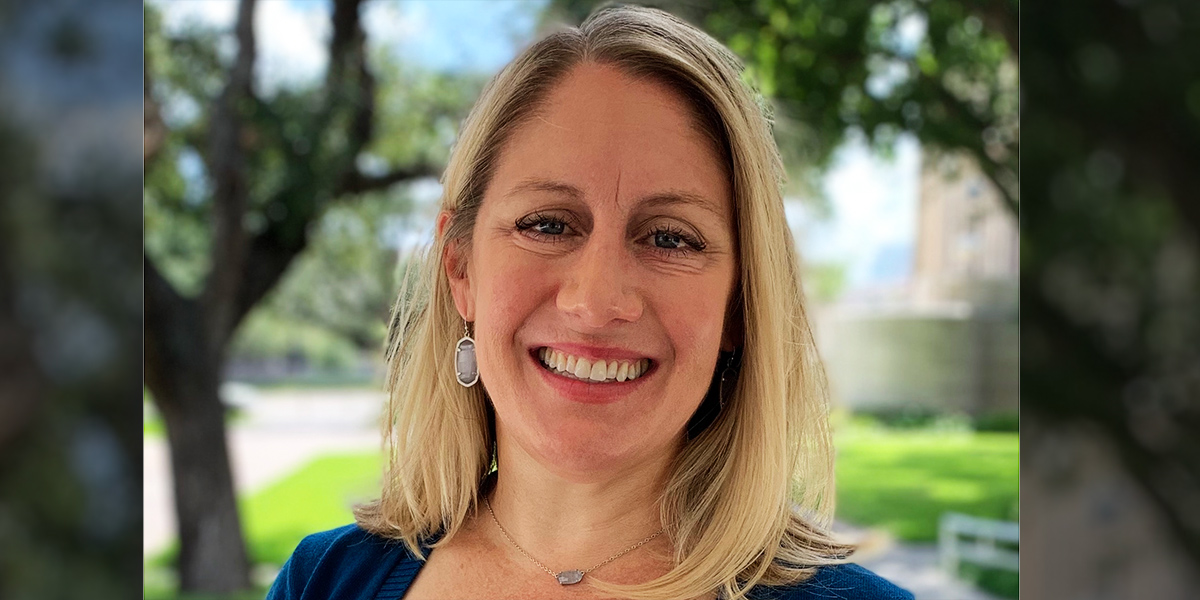Meet Baylor’s expert on the prevention of substance-exposed pregnancies

Babies develop both physically and mentally while in utero — so it likely comes as no surprise that the use of drugs and alcohol by a mother during pregnancy can negatively impact the child, often leading to lifelong challenges. Sometimes the damage is done before a mother even knows she’s pregnant. Resources to prevent such problems or maintain a healthy pregnancy can be difficult to come by, and Baylor professor Danielle Parrish is working hard to change that.
Dr. Parrish, an associate professor of social work, joined the Houston campus of Baylor’s Diana R. Garland School of Social Work in 2018. She began her career in social work as a clinical social worker in a large public mental health system, where she provided infant mental health, outpatient mental health, and juvenile justice mental health services. It was there that she was inspired to bridge the research-practice gap in social work programs.
“My calling into a social work career was guided by my desire to love others as God does,” says Parrish. “To me, this means protecting some of society’s most vulnerable and marginalized, and finding ways to help others.”
While at Baylor, Parrish has worked on a variety of research projects, but she is most known for her work preventing substance-exposed pregnancies. One recent study, CHOICES4Health Intervention, focused on reducing the risk of substance-exposed pregnancies before women become pregnant using a prevention intervention, like counseling or physician referrals. Aside from using contraception, research found that screening and short, informational sessions with women of childbearing age were effective in reducing the risk of substance-exposed pregnancy.
Parrish is also conducting a pilot study of the CHOICES-Teen intervention — similar to CHOICES4Health — but designed specifically to reduce the risks of alcohol- and marijuana-exposed pregnancy among high risk adolescent women involved in the juvenile justice system. This survey is currently testing the effectiveness of telehealth and mobile health applications as an intervention format.
“My hope is this research will help improve the lives of people who have historically had difficulty accessing mental health, substance abuse, or health/mental health prevention services by making these services more accessible through technology and opportunities for engagement in ways that are more convenient and feasible,” says Parrish.
Sic ’em, Dr. Parrish!

